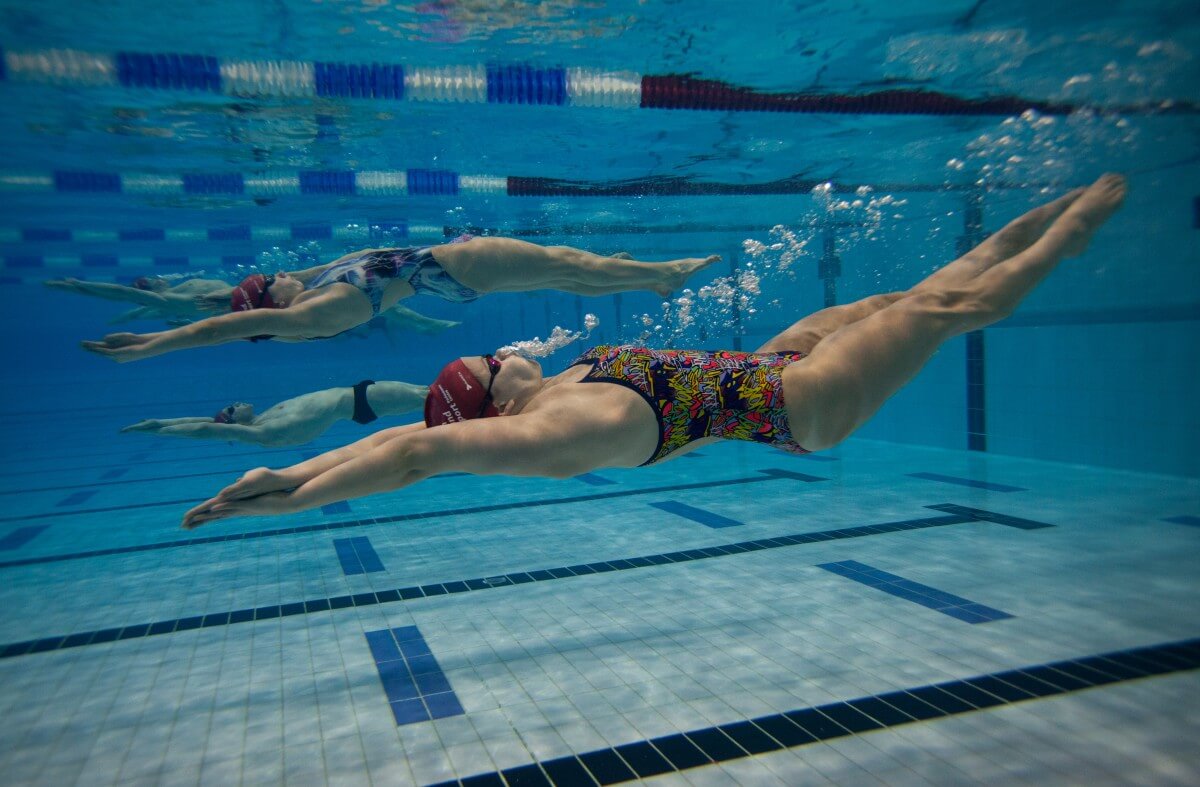In Ireland, the University of Limerick is putting the next generation of sports practitioners through their paces with two industry-driven Master’s programmes: MSc in Sport, Exercise and Performance Psychology and MSc in Applied Sports Coaching.
Both are challenging yet rewarding programmes that emphasise the application to practice, high interaction between staff and students as well as a diverse mix of lecturers and specialist guest tutors.
For athletics coach Richard Connolly, the university’s practice-oriented approach was what drew him to sign up for the MSc in Applied Sports Coaching: “The main reason I chose this course was that it is centred on and directly applicable to my coaching.”
“The course has helped me to remove myself from my day-to-day coaching, consider and document why I coach and is introducing the means by which I can reflect on and improve my practice.”
Likewise MSc in Sport, Exercise and Performance Psychology student Samantha Glynn, who works in the rehabilitation sector, sees her Master’s as just the course she needs to advance her knowledge and skills in the psychological principles of sport, exercise and performance.

Source: University of Limerick PESS
“What makes this programme distinct from other universities is how it’s taught practically. For example, in the ‘Psychology of Injury’ module, students get to conduct an interview with a visiting professional athlete. This not only gave us an insight into the complexities of consulting and enhanced our interviewing skills, but it also gave us access to the lived experiences of an athlete, which in turn, we could use to write a case study,” she said.
A community of practice and perspective
The MSc in Sport, Exercise and Performance Psychology is structured in a way that allows Samantha and her peers to take part in highly engaging sessions with open discussion and exposure to different perspectives.
“We also had a mix of lecturers across the course. It was refreshing that each one brought different qualities and methods of learning and assessments,” she said.
For Greig Oliver, development coach at Munster rugby, his search for a Master’s degree to take his coaching career to the next level led him to universities all over the world.
Ultimately, like Samantha, the choice was obvious. The University of Limerick’s MSc Sports, Exercise and Performance Psychology uses an experiential curriculum — exactly what he wanted in postgraduate studies.
“Coming from a rugby coaching background, the programme stood out as it included a significant amount of practical application and the design of the course allowed me to challenge my personal philosophy in all modules,” he said.
“Each semester engaged us in practical ideas, allowing each of us to analyse, make adjustments and deliver presentations on many subjects which were very useful in day-to-day practice.”

Source: University of Limerick PESS
Like many other students on his course and the MSc in Applied Sports Coaching, Greig can only describe the expertise, input and support from the lecturers and staff as “phenomenal”.
From day one, the University of Limerick staff deliver top-notch academic support and professional guidance to all students, according to Greig.
“The course was challenging in many respects, but in a good way,” Greig adds.
“It challenged me in what I do in my coaching role, how I interact, how I deliver, how I can keep challenging myself.”
A degree where your coaching is the curriculum
The MSc in Applied Sports Coaching shares many of the characteristics identified in the MSc Sport, Exercise and Performance Psychology: Practical focus, positive challenge, a mix of lecturers from the university and beyond, and extensive support for individual students.
Just 20 places are available each year on this tailored programme for experienced coaches.
When tennis coach and current student Declan Bray found out he was one of them, he was thrilled.
It’s easy to see why Declan was excited. The University of Limerick is home to leading practitioners and recognised experts in the field of sports coaching and makes extensive use of coaches, coach developers, high performance athletes and performance analysts as guest lecturers to give students detailed insight into advanced practice.

Source: Pixabay
These insights have made a big impact on Declan: “The course has really challenged our thinking in terms of what it is we do in our practice, in the right way”
The interaction between staff and students was another distinguishing feature of the programme for Declan:
“I think the fact that there’s quite a lot of interaction between the students on the course and an enormous amount of interaction between the students and the staff, it’s made it a really positive learning experience for me,” he said.
“The staff have managed to bring the best out in each of us.”
Athletics coach Richard Connolly agrees: “Our discussions in class and coffee dock have also thrown up some excellent nuggets on how other coaches or sports approach common scenarios from a different direction.”
The impact of the programme is already rippling out beyond the current crop of coaches. Athletics coach Owen Connolly was so engaged by participating in a community of practice within the course, that he is establishing a similar initiative within his own club:
“The Community of Practice is a great concept. I’ve actually lined up three coaches to have a chat with club members when we get back to normal with the view of developing something similar within the club.”
So if you want to join a university committed to developing exceptional sports practitioners in the fields of applied coaching and sport psychology, get in touch with the MSc Applied Sports Coaching or MSc Sport, Exercise and Performance Psychology Course Directors at the University of Limerick today.
The team is awaiting your arrival.
Follow the University of Limerick on Facebook, Twitter, Instagram, YouTube, Snapchat and LinkedIn
Liked this? Then you’ll love…
University of Limerick: Moulding trailblazers in Applied Sports Sciences
Leading universities for sports science – nurturing equality, diversity and inclusivity










